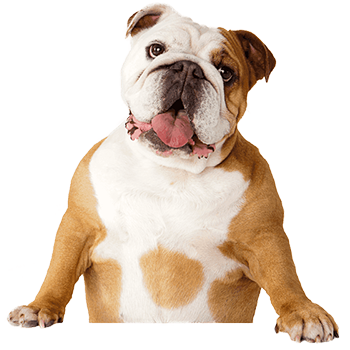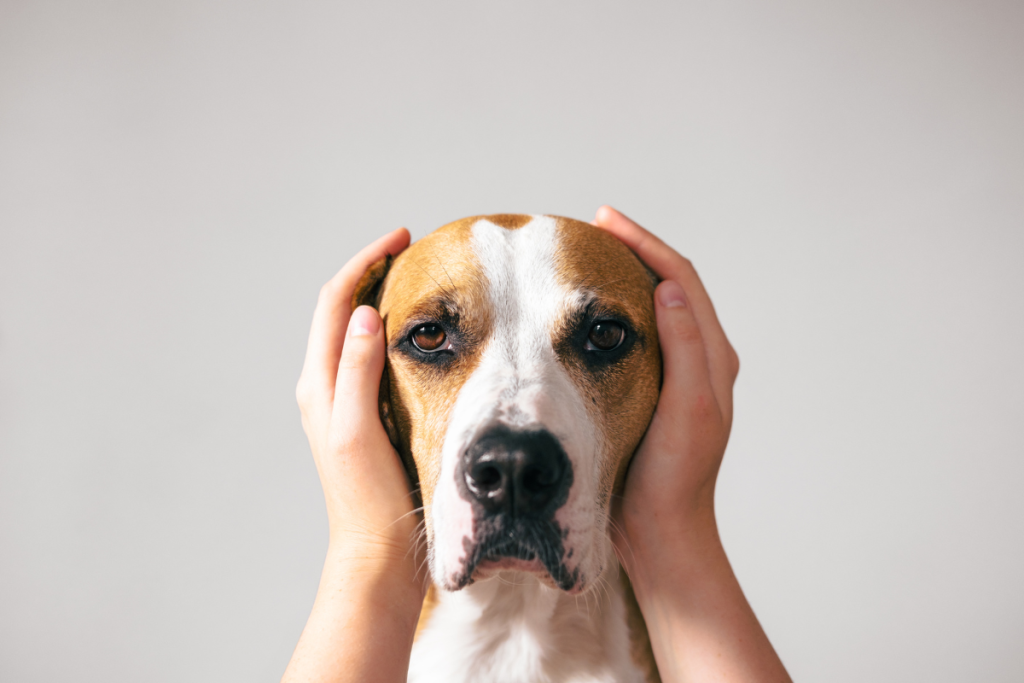All sorts of celebrations fill the summertime season and fireworks are the premier way to entertain crowds and enjoy momentous occasions. Sudden loud noises, particularly those at night, can give anyone a bit of a scare if they’re not expecting it.
That’s especially true for our dogs who can be particularly sensitive to noises like thunder and fireworks – some even to the point of being diagnosed with a noise phobia or fear of loud noises.
A dog with noise phobia is more likely to exhibit anxious behavior around the sounds, like panting, crying, pacing, shaking and barking. In extreme cases, dogs may redirect this anxious energy into an aggressive outburst. That is why it is so important to not only acknowledge a dog’s sensitivity to noise, but work with him to help him cope.
Below are some ways that dog owners can help ease the stress of noise phobia for their dogs.
- Distractions
If you know a celebration with fireworks will be happening or a thunderstorm is approaching, you can get ahead of it by providing distractions for your dog. Some owners find that brain-teasing puzzles and engaging toys like the Kong are enough to distract their dog from the noises outside. Simply provide your dog with the treats or toys shortly before the noise is set to begin. While this is not enough for all dogs, it can help take the edge off. - Background noise
If you can’t beat it, drown it out? Dog owners report that playing white noise, music, or even just turning the TV up can help dull the symptoms of noise phobia. Again, this method takes some planning ahead but can be quickly implemented if you are caught off-guard by the sudden noises. Offer your dog a soothing voice and gentle pets while doing so to help promote relaxation. \ - Provide a safe space
Has your dog ever hidden in an usual place during a storm or when there’s a loud noise? Dogs with noise phobias will often seek out what they deem to be a safe and comforting environment. Most dogs that do this will end up somewhere dark and tight-fitting as this provides a sense of security. If you do not already have a crate for your dog, setting one up with plenty of blankets (and maybe even throwing one over top) can provide a safe spot for your dog to seek shelter when scared.
Medications
When other methods fail, or your dog’s anxiety is just too intense, veterinarians can help you explore testing medication to help reduce the reaction. Anti-anxiety and calming meds are a very safe and common way to help ease the stress of noise phobia for dogs. It’s not a one-size fits all approach and will require you to cooperate with your vet to find the best remedy for your dog. However, once the right medicine is found, owners report night and day differences in their dog.


